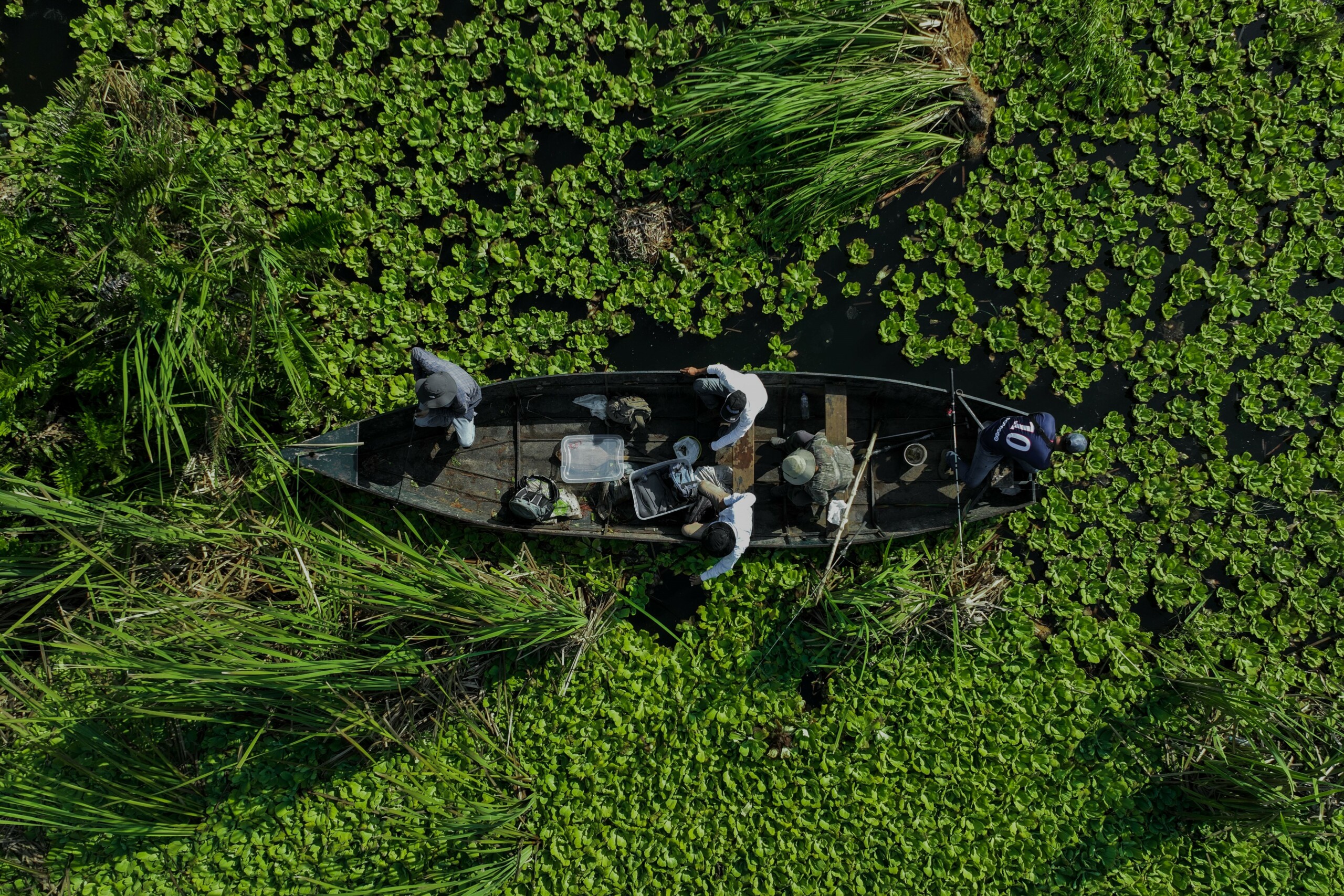
Tourism and leisure activities
Ecotourism and environmental respect
Aquatic enthusiasts and lovers of aquatic life, you will find yourself putting your head underwater during your holidays and business trips to discover the wonders of the underwater world.
To sustainably preserve these environments, it is important to follow certain rules.
When engaging in aquatic activities, be sure to choose sandy areas to avoid damaging coral reefs in the sea or disrupting freshwater aquatic habitats. Pay attention to where you step, especially in tropical reefs, to avoid trampling on potentially vulnerable species. Also, refrain from building artificial dams in rivers using stones.
Make sure to take your waste back with you after your outings, paying special attention to collecting plastics and other non-biodegradable waste you may encounter.
Avoid purchasing shells, starfish, dried seahorses, or coral from shops. This unregulated trade has a destructive impact on the populations of these species, especially in heavily frequented tourist areas. Observing these animals in their natural habitat is far more enriching.
Basic diving rules
The first and most important rule for your safety is to never dive alone. In case of an incident, your buddy can save your life. Wearing a wetsuit and gloves will help you avoid injuries from rocks or stings from jellyfish and corals.
We recommend using your buoyancy control device as much as possible to float in the water column and not lying on the bottom. You can maintain a horizontal position with just one hand; consider using a small hook instead, which will cause less damage and allow you to rest in strong currents.
To preserve dive sites, do not touch wrecks, do not collect even uninhabited shells, and do not capture starfish to dry them out. Nothing prevents you from holding some animals in your hand for photography (be cautious of toxicity) or showing them to other divers, but please return them to the place where you found them.
If everyone follows these rules, every new diver will be able to enjoy the wonders you have seen. Aquatic environments are a treasure that we must leave intact.
The risk of invasive and harmful species
Since the last century, the intensification of trade has led to a series of events that resulted in the arrival of exotic animals in many regions of the world. The most well-known cases include the invasion of rabbits in Australia, the proliferation of mosquito fish for mosquito control, and the expansion of tilapia in many tropical regions.
Although not all exotic species have the same impact on the environment, we generally condemn these practices. The consequences of introducing a new species into an ecosystem are unknown and can lead to lasting disturbances.
Ecological balances took hundreds of thousands of years to establish, resulting in an explosion of diversity in forms, colors, and behaviors. We respect this biodiversity and condemn practices that lead to the homogenization of ecosystems.


